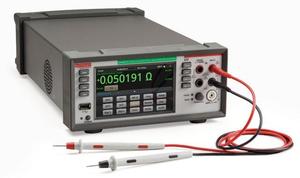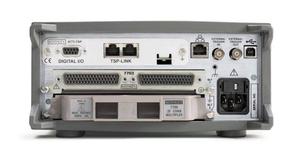Understanding Data Logging Multimeter
A data logging multimeter is an essential electronic instrument designed to accurately measure, record, and analyze electrical parameters over a specified period. These devices combine the functions of a traditional multimeter with advanced data logging capabilities, making them indispensable tools for professionals in fields such as electrical engineering, manufacturing, and research. The application of data logging multimeters extends across various industries, providing real-time data that aids in troubleshooting, quality control, and compliance with safety standards.
Types of Data Logging Multimeters
Data logging multimeters come in various types, each designed to cater to specific requirements and environments. Below are the most common types:
- Basic Data Logging Multimeter: Designed for straightforward measurements, this type offers essential logging capabilities without excessive features.
- Advanced Data Logging Multimeter: This type includes various measurement functions, enhanced connectivity options, and larger memory capacities, ideal for complex applications.
- Wireless Data Logging Multimeter: These multimeters feature Bluetooth or Wi-Fi connectivity, allowing users to wirelessly transmit data to smartphones or computers for remote analysis.
- Portable Data Logging Multimeter: Lightweight and compact, this multimeter is designed for on-the-go professionals who require accurate measurements in various locations.
Applications of Data Logging Multimeter
The versatility of data logging multimeters makes them suitable for a wide range of applications:
- Electrical Testing: They are used to perform routine checks on electrical circuits, ensuring the safety and functionality of electrical installations.
- HVAC Systems: These devices are useful in monitoring temperature and voltage within heating, ventilation, and air conditioning systems to maintain efficiency.
- Research and Development: In laboratory settings, data logging multimeters collect comprehensive data over time, assisting researchers in analyzing trends and outcomes.
- Manufacturing: They are instrumental in quality control processes, allowing manufacturers to monitor output and efficiency in real-time.
Features and Advantages of Data Logging Multimeter
Data logging multimeters are equipped with several features that significantly enhance their functionality and ease of use:
- High Accuracy: These instruments provide precise measurements, reducing the risk of errors during data logging and analysis.
- Data Storage Capacity: With substantial memory capabilities, users can store vast amounts of data for later retrieval and review.
- Graphical Display: Many multimeters feature LCD screens that provide visual representations of data, making it easier to interpret results.
- Real-time Data Logging: Users can continuously record measurements, which is vital for dynamic testing environments.
- Battery Life: Long-lasting battery options ensure extended field use without frequent recharging, promoting efficiency for users on the go.
- Multi-Function Capability: These devices measure voltage, current, resistance, and temperature, making them versatile tools for various tasks.


































































































































































